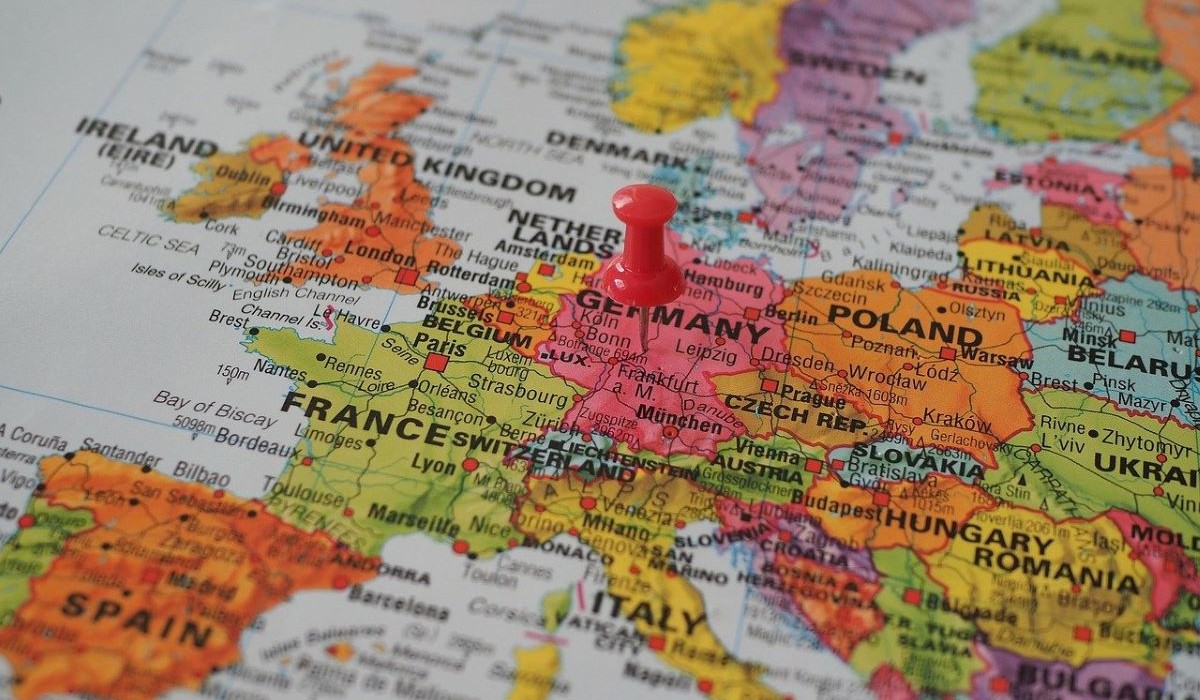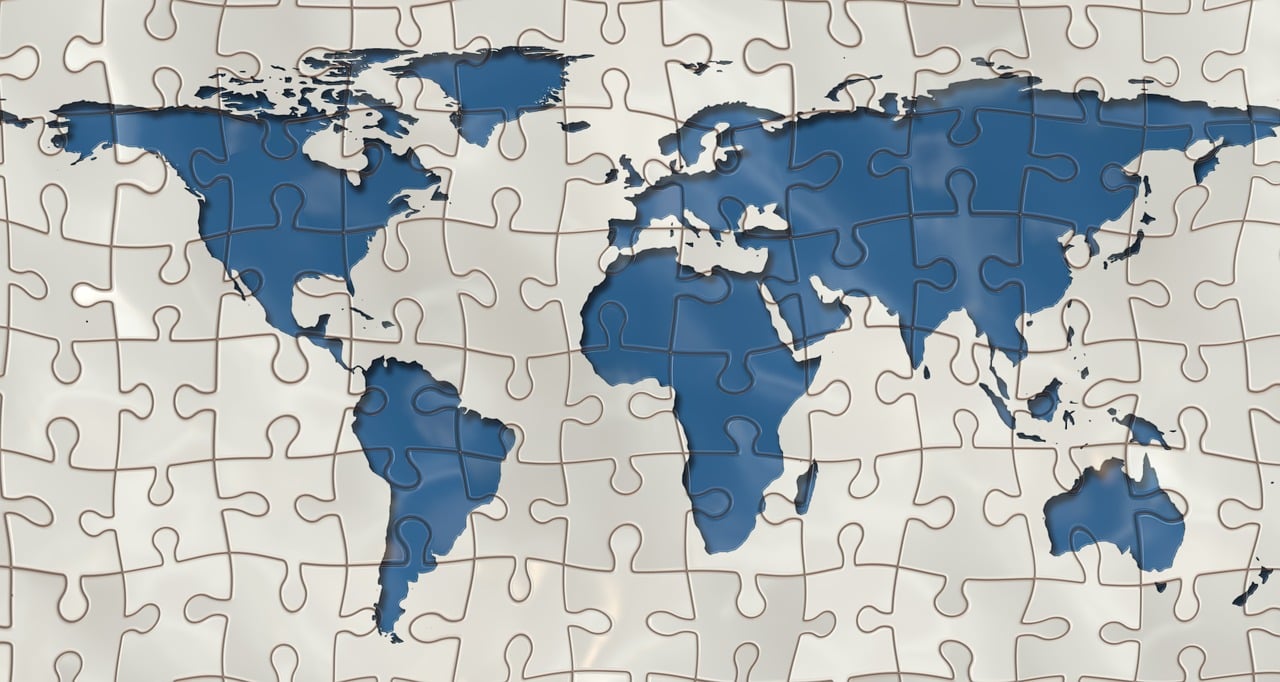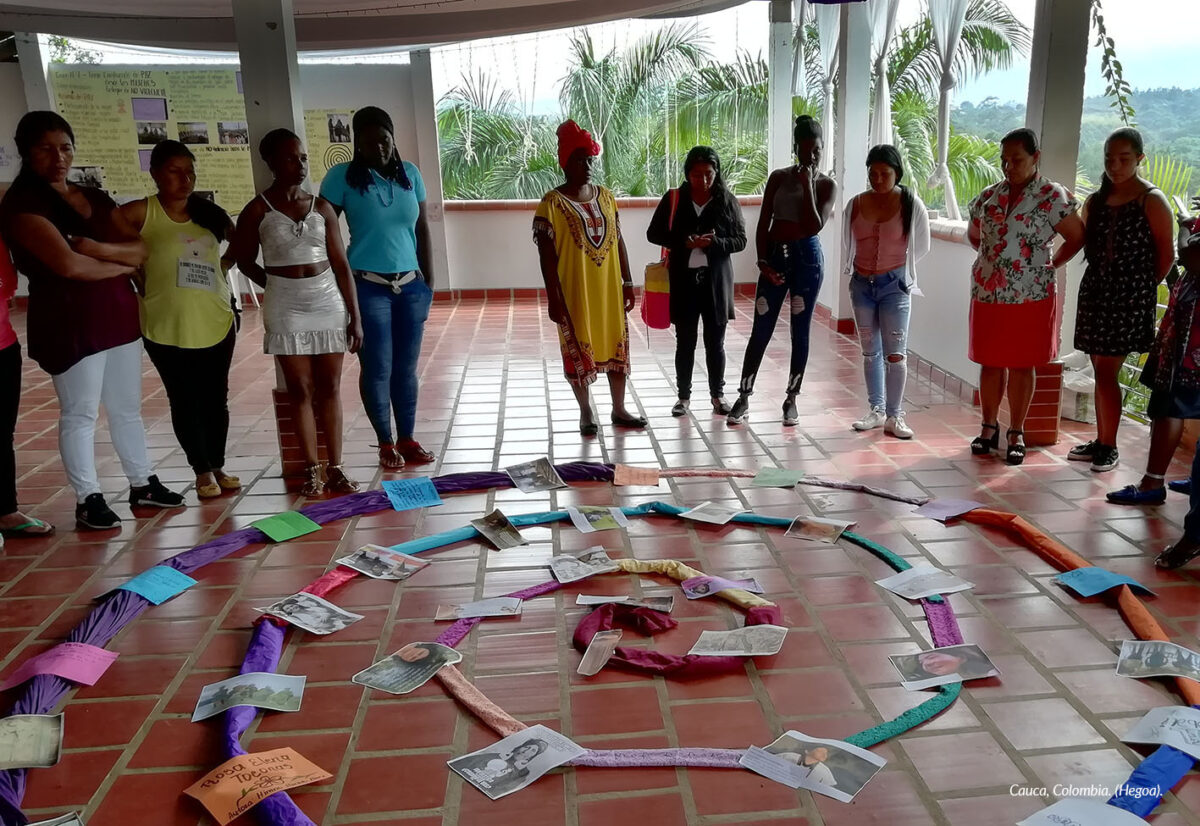By Sven Grimm / Part of the European Development Policy Outlook Series
The global crises are numerous and the requirements for international engagement are increasing for Europe – and eyes are turning to Germany, the largest country in the EU. Multiple crises require a wide range of measures: from climate policy and the closely related energy transition to securing trade routes in the Gulf of Aden, from responding to diplomatic and humanitarian needs in the Middle East and the Sahel to providing financial and military support for Ukraine. How does all this shape the context for German development policy change? What political developments are likely to drive German global engagement?
Continue reading “German Development Policy – Between Global Needs and National Debates”



